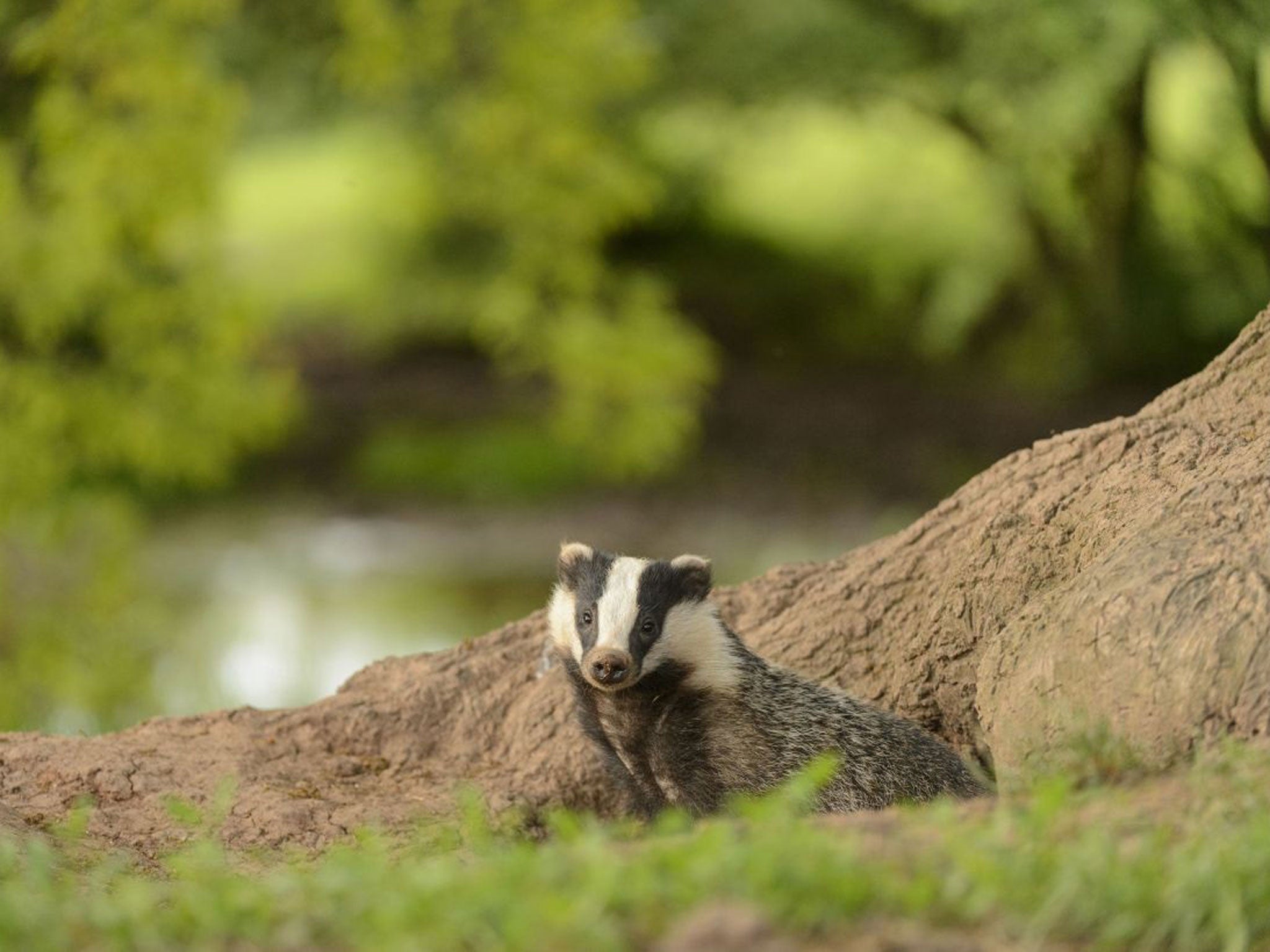Badger cull figures 'counted unfairly'
Defra accused of downplaying results of scheme so it can bring in longer killing periods in the future

Your support helps us to tell the story
From reproductive rights to climate change to Big Tech, The Independent is on the ground when the story is developing. Whether it's investigating the financials of Elon Musk's pro-Trump PAC or producing our latest documentary, 'The A Word', which shines a light on the American women fighting for reproductive rights, we know how important it is to parse out the facts from the messaging.
At such a critical moment in US history, we need reporters on the ground. Your donation allows us to keep sending journalists to speak to both sides of the story.
The Independent is trusted by Americans across the entire political spectrum. And unlike many other quality news outlets, we choose not to lock Americans out of our reporting and analysis with paywalls. We believe quality journalism should be available to everyone, paid for by those who can afford it.
Your support makes all the difference.The Environment Secretary, Owen Paterson, has been accused of using "underhand" tactics to push through his badger culling policy, after it was revealed in Parliament that nearly half the evidence gathered from pilot schemes will be ignored.
Trials in Somerset and Gloucestershire were set up to test whether the cull was safe, effective and human, and were intended to last six weeks. The Gloucestershire trial was extended to 11 weeks and the Somerset pilot to nine weeks after marksmen killed far fewer badgers than expected.
Farming minister George Eustice admitted last week in response to a question from Green MP Caroline Lucas that the Independent Expert Panel set up to assess the cull would only study the original six-week period. A government spokesman said the decision had the full support of the panel. But sources close to the panel suggest there were concerns about limiting its scope of inquiry.
One source said the Department for the Environment, Food and Rural Affairs (Defra) was being "incredibly disingenuous" by claiming the panel was consulted about whether it wanted to consider the extensions, arguing that "of course" it would be better to look at the entire period. A second source also disputed the idea that the issue had been thoroughly discussed and agreed by the panel.
Other experts said that analysing barely half of the trials could provide misleading conclusions. The results of a cull can vary over time, depending on the weather, the number of hours of darkness and the extent to which badgers from other areas colonise gaps left by the killings.
Professor Rosie Woodroffe, a biologist and member of a team that conducted an earlier decade-long trial of badger culling, said: "Why wouldn't you want to look at the whole period? It seems to be a no-brainer to me."
Professor Sir Patrick Bateson, of Cambridge University and the Zoological Society of London, added: "Why don't they use the whole data set? It's almost as if they have something to hide."
Caroline Lucas argued that Defra was manipulating the studies. She said: "Curtailing independent scrutiny of the cull is an underhand move to push for longer culls. If the panel concludes that culling was not effective, Defra can argue that longer culls are necessary in the future." Many scientists oppose longer culls, which they argue give badgers more time to flee, so spreading the bovine tuberculosis the cull is intended to tackle to new areas.
A Defra spokesman insisted the decision to examine only the first six weeks would have no bearing on whether the cull was extended to new areas, and under what terms. However, he conceded that extending the cull length beyond six weeks was one option if the programme was extended to new areas.
The panel is expected to present its findings to Mr Paterson in the next few weeks. His original plan was to carry out 40 culls across the UK in the next four years, although that may change or be cancelled as a result of the panel report. Even after the extensions, neither cull met its target of killing 70 per cent of local badgers.
Join our commenting forum
Join thought-provoking conversations, follow other Independent readers and see their replies
Comments